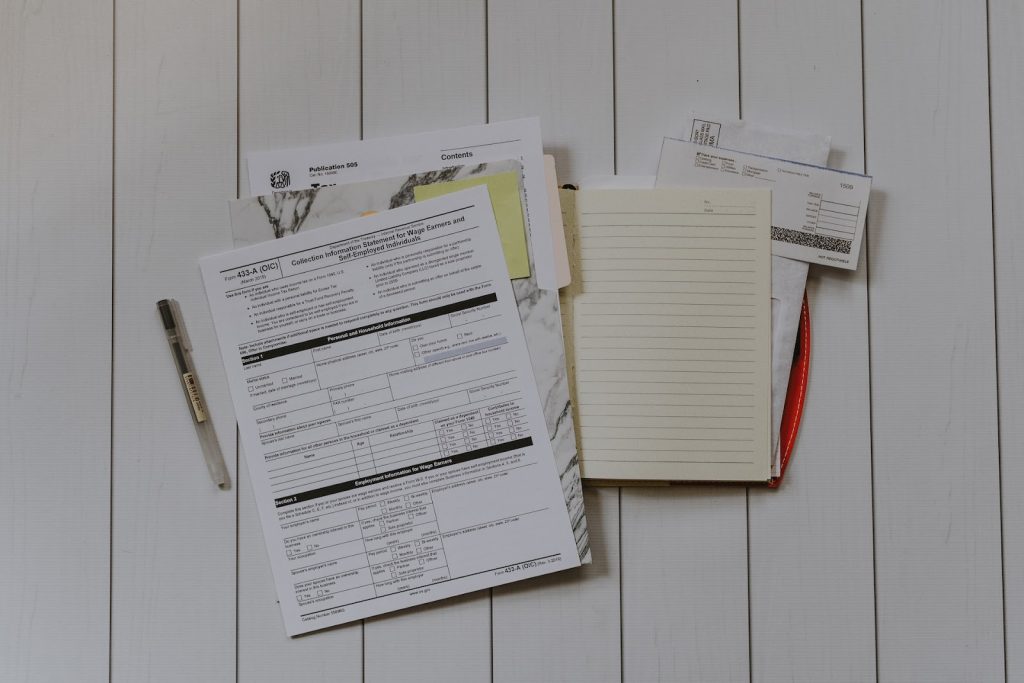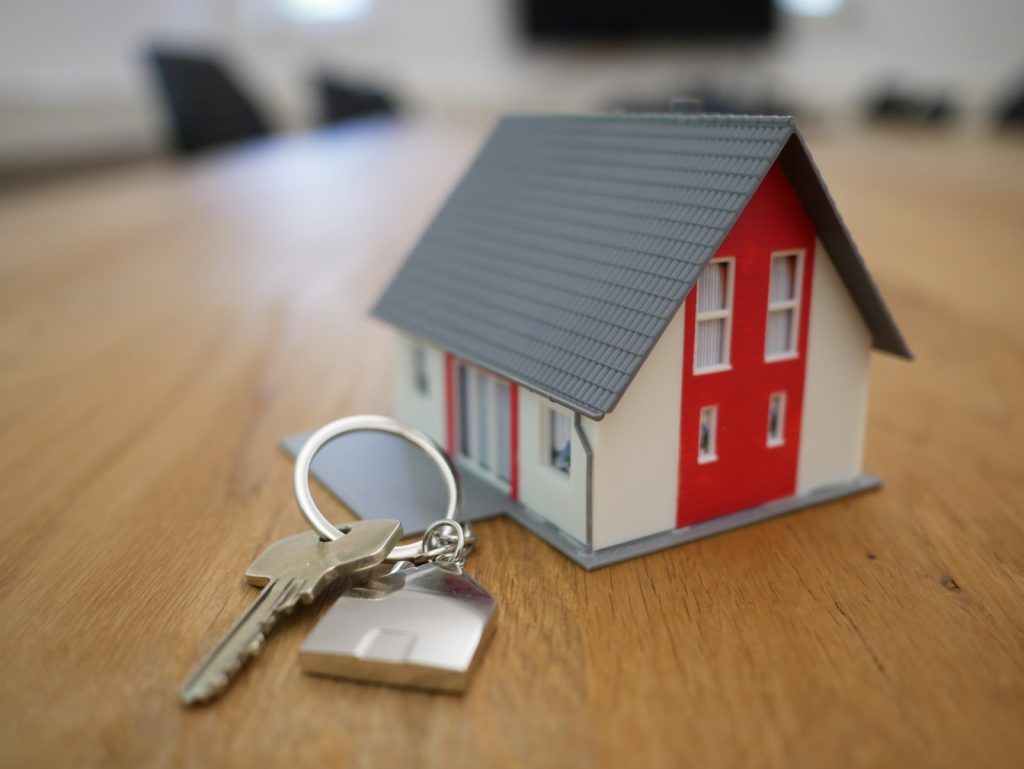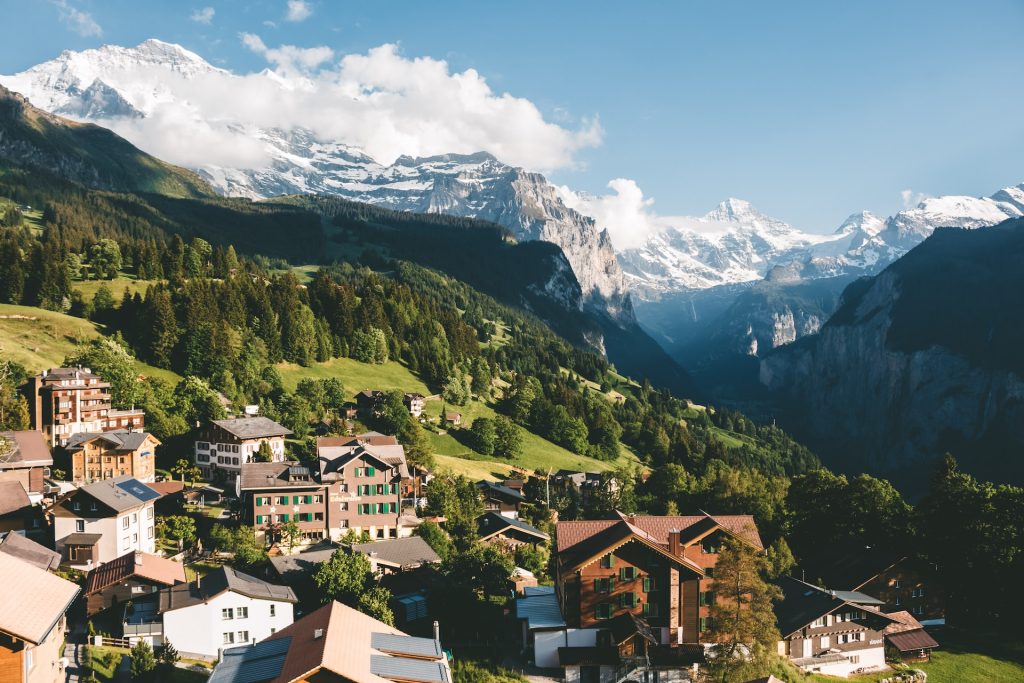If you have had the pleasure of visiting Switzerland, you have probably given thought to buying a property in this beautiful country and wondered ‘Can foreigners buy property in Switzerland?’. Unfortunately, this isn’t always possible because of the strict restrictions imposed on non-residents looking to buy real estate in Switzerland.
However, with some research and diligence, it’s still possible for foreign nationals to buy their own home in Switzerland provided they meet certain conditions and understand the complexities associated with the process.
This article explores the process of purchasing property in Switzerland for foreigners. We will provide insight into various issues around this process so that you have all the information you need to make an informed decision about buying property in Switzerland.
So, Can Foreigners Buy Property in Switzerland?
For nationals from member states of the European Union (EU) and the European Free Trade Association (EFTA), buying property in Switzerland as a foreigner is relatively easy. They don’t require any special permission to purchase a property and have the same rights as Swiss citizens.
For third-country nationals, however, buying property in Switzerland as a foreigner is more complicated. In order to buy a main residence, they must possess an appropriate permit, reside in the property they intend to purchase, and, if it’s a new build, works must begin at the latest one year after the land purchase. If these specific conditions are met, no authorization is needed for buying.
On the other hand, third-country nationals do require authorization to acquire certain types of property such as holiday accommodation, aparthotel units, and second homes. In these cases, they must submit an application to a canton authority.
Despite the stringent rules for non-resident foreign nationals buying property for personal use, Swiss legislation is more flexible when it comes to purchasing a property for economic reasons like businesses, workshops or office spaces. In these specific cases, there’s no need for authorisation.
To best understand these conditions and limitations, it is advisable to contact the local canton authority for detailed information.
Rights of Foreign Buyers
If you’re wondering Can foreigners buy property in Switzerland?, you’re probably planning to make Switzerland your home. In this case, to remain in Switzerland for longer than ninety days, you need to obtain a residence permit (B or C) even in case you have EU or EFTA citizenship.
It’s important to know that even without B or C permit, you may buy holiday or commercial housing with prior permission from cantonal authorities. However, simply purchasing real estate in Switzerland doesn’t automatically grant the right to residency. Foreigners, however, can apply for a Schengen visa for multiple entries which allows stays of up to 90 days every six months.
Real Estate Acquisition for Permanent Residence
EFTA or EU citizens residing in Switzerland with a residence permit type L, C, or B, as well as third-country nationals holding a C permit, have the right to buy any property in Switzerland but up to a certain limit. When it comes to non-EU/EFTA citizens with a B permit, they can only acquire one residential property for permanent residence and must be located where they reside.
Apart from housing, these individuals may purchase land plots for construction. However, there are several conditions they must meet:
- The structure must be built within one year of purchasing the land.
- It must be in the buyer’s name and they must live in the building.
- The area of the land should not exceed 3,000 square meters. Otherwise, you need to have an additional permit, but there are no restrictions on living space.
Foreigners have the right to buy another apartment or house without selling their first property in case they need to change their place of residence within Switzerland. They can use it as a holiday home or rent it out instead. However, they must use the newly bought real estate for permanent residence. It’s important to note that purchasing multiple properties in Switzerland if you have no prior authorization from the authorities is a violation of Swiss laws.
Buying a Holiday Home
Foreigners looking to purchase property in Switzerland as a holiday home must comply with certain requirements. Citizens of the EFTA or EU with B, C, or L permits, as well as those outside the EFTA or EU with a type C permit, can usually purchase such property without having to wait for cantonal authorities’ permission. Others with a B or L permit may need to obtain special permission by submitting an application through their local notary.
The vacation home needs to be located in an approved tourist area and within set limits – the net living space cannot exceed 200 square meters and the total area of the site must not exceed 1000 square meters. Furthermore, only one vacation home can be purchased per family and the owner must move into the house within two years of purchase. The residence cannot be rented out under long-term contracts, used for more than 6 months a year, or resold within 5 years of acquisition.
In addition to meeting the above criteria, buyers of vacation homes in Switzerland should use the property for a minimum of two weeks each year during the tourist season. The owner of the property and their family must also not stay for more than ninety days on each visit. If they wish to stay longer than this, they must apply for a Swiss residence permit, regardless of their EFTA or EU citizenship.
Commercial Property
All foreign nationals, regardless of their Swiss residence status, are allowed to buy commercial real estate for business use without seeking prior approval from the authorities.
This includes:
- Offices, hotels, restaurants
- Production facilities and warehouses
- Shopping centers and premises
- Doctors’ workshops and offices
Foreigners can use the acquired properties for conducting business or lease them out to a third party for business activities. Additionally, residential properties located within the premises of a hotel are considered to be permanent business and as such can be bought or constructed without permission.
It is worth noting that Swiss law doesn’t consider renting or building a home to be a regular business venture, so this is strictly prohibited. Only EFTA/EU citizens who reside in Switzerland with an L, B, or C-type residence permit (or third-country nationals with a C-type permit) may buy real estate for investment purposes.
Costs and Taxes

As a foreign buyer, you are responsible for paying all associated costs with the purchase of your property. These costs may include notary fees, land registry fees, and taxes.
The amount of these fees can range from 2.5% to 5% of the purchase price and is determined by the local government in each canton. Generally, the fees are based on calculation parameters including mortgage and purchase price. However, if you decide to sell your property as a vendor, you will incur no notary fee charges.
It’s important to note that regardless of whether you’re buying or selling a property in Switzerland, all associated costs will rest solely on the shoulders of the buyer.
Taxes
Foreign residents who own real estate in Switzerland are subject to taxes from the Federal Government, the local commune, and the Canton. Taxpayers have the option to file a tax declaration that outlines their global assets or only be assessed on the fiscal value of their real estate.
Generally, it is up to the buyer to pay any transfer taxes that may be imposed by cantons and/or municipalities up to a certain percentage (usually 1-3.3%). In some cantons such as Zug and Zurich, there are additional fees for registering the deal with the property register.
Additionally, certain municipalities or cantons levy yearly property taxes on the taxable value of a property regardless of any financing arrangements or mortgages held against it. On average, the property tax rate falls between 0.01% and 0.03%.
All Swiss property owners, including non-residents, are subject to an annual income tax which is based on the deemed rental value of their property. This value is determined by the cantonal or municipal authorities and varies from one canton or municipality to another.
Furthermore, a wealth tax may be imposed on non-residents owning property in Switzerland. The taxable amount is based on net wealth, which is the difference between the actual value of the property and any debts which are incurred for wealth taxation purposes. The rate of this wealth tax also differs amongst cantons and communes.
The Process of Buying a Property in Switzerland

When selecting a suitable property in Switzerland, it’s essential to determine your goals. Are you buying for rental purposes or for personal use? Additionally, you should be mindful of existing restrictions regarding foreign buyers. This will help decide on the range of properties to those that you can actually purchase in the desired region.
Notary
At the same time as searching for potential real estate, make sure to choose an experienced notary who must be present during any transaction. Upon picking your desired property, hire a local notary who will represent both the buyer and seller during the selling process.
The notary will aid with preparing a letter of intent between the seller and the buyer, or even an initial contract if there’s a need for a Swiss residence permit or permission from cantonal authorities. This contract will determine the details and timing of payments, as well as potential fines. To reserve the property, 10% of its total cost should be paid to either the seller’s or notary’s bank account.
Reservation
By signing the preliminary agreement, you will get assurance that the seller won’t sell it to someone else until you complete all necessary procedures. Furthermore, in case you don’t get approval from cantonal authorities or a permanent residence permit, you will get your 10% deposit back. However, you would still have to pay notary fees.
When purchasing for holiday purposes or planning on moving to Switzerland permanently and buying property for long-term use, it is important to remember that a LAFE document needs to be opened. It must be done by the notary and will take 3-4 months for processing.
There are also real estate options in Switzerland that come with an existing purchase permit, so obtaining a new one won’t be necessary in such cases. Finally, if you don’t have a Swiss residence permit yet and plan on moving there, you should apply for B type permit first as it usually takes 8-12 weeks to receive it.
When it comes to financing your property, you may want to take out a Swiss mortgage loan depending on your situation. After you’ve secured the funds, you can then move on to signing the final contract.
Contract
After obtaining the necessary permissions, the buyer and seller sign the final contract and thus conclude the transaction. Keep in mind that without a notary’s participation, the transaction won’t be legally valid. Also, it’s important to note that once you acquire the permission, you have 30 days to sign the contract.
When drafting the document, foreigners sign a declaration according to Swiss law (Lex Koller). At the same time, the notary certifies that the buyer doesn’t possess any other real estate in the country. In addition, within five years after the purchase, you cannot sell the purchased property.
Registration
At this step, the new owner pays the remaining amount as indicated in the contract. Moreover, the notary checks receipts and then registers the transaction in the land register. This entire process can take as long as several weeks. The buyer receives full rights to the property only after the land register has recorded the relevant entry.
FAQ
Where can foreigners buy property in Switzerland?
Foreigners without residence permits can buy property in Switzerland in designated ‘holiday zones’, which are typically within the country’s ski resorts, as well as Montreux and Lake Geneva. The Lex Koller restricts the purchase of certain types of real estate in Switzerland by foreigners, foreign-based companies and Swiss-based companies.
As a foreigner, you may only buy a residential property in a tourist area. So unless you are Swiss, or hold a Swiss Residence Permit, you cannot buy a house or land outside these areas.
Can US citizens buy property in Switzerland?
US citizens can buy property in Switzerland, but there are some restrictions. According to federal law regarding the acquisition of real estate by foreign individuals (also referred to as ‘Lex Koller’), non-Swiss nationals may only buy property under certain conditions.
Swiss nationals and B/C permit holders are eligible to buy some properties, while foreigners may not buy in major cities such as Geneva, Berne and Zurich. They may only buy in certain cantons and areas.
When looking to purchase a property, it’s important to be aware of all the regulations that apply. Moreover, you should understand that buying residential real estate in Switzerland requires a residence permit, so US citizens should ensure they have the necessary permits before making any purchases.
Summary
Buying real estate in Switzerland as a foreigner can be daunting due to the language barrier and cultural differences. However, if you’re looking for a safe place to invest your money and live in an idyllic location with plenty of recreational activities, then Switzerland is certainly worth considering.
If you’d like to learn more about buying real estate in Verbier or its surrounding areas, please check out our real estate listing page for more information. We look forward to helping you find your dream home in the beautiful Alps.
